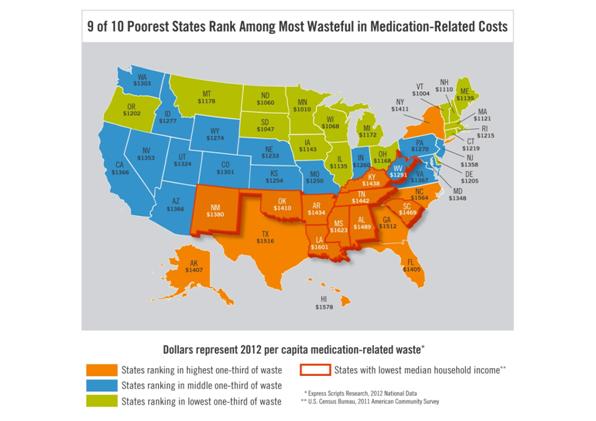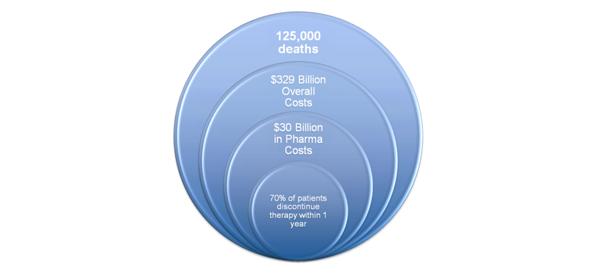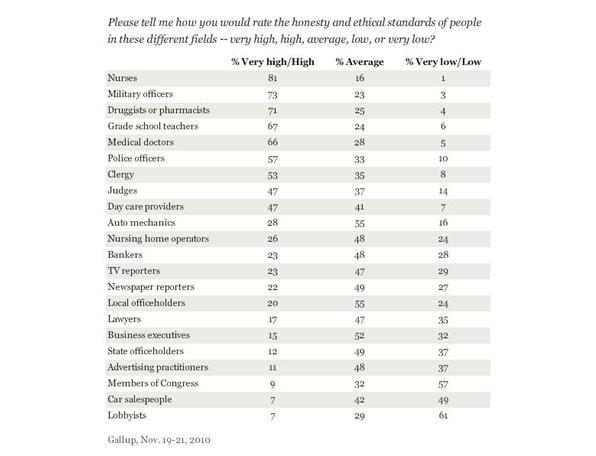Nurses: they’re not just in hospitals anymore

UBC's Jennifer Allen and Charlie Bell discuss the ever-changing role of nurses within the healthcare industry. They specifically look at how nurses today are not only limited to helping patients within hospitals, but provide medical education and adherence services via the phone as well.
For many years, patients were primarily limited to two sites of care: the physician's office or the hospital. In 1965, Medicare for the first time began including home health nursing as a covered benefit. Since then, nurses have been providing patient care in a variety of settings including the patient's own home. In recent years, the role of nurses has changed even more and they now provide patient education and adherence services via phone. These changes have created the opportunity for nursing services to be integrated with Specialty Pharmacy to provide home infusion services, as well as to support compliance programs.
Non-adherence; an expensive healthcare challenge
Research shows that non-adherence costs the nation $329 billion in unnecessary pharmacy and medical expenses. Overall, waste from suboptimal pharmacy behaviors ranged from $1,004 to $1,623 per person – a total of $418 billion.

Cost to the pharmaceutical industry
About 70% of patients discontinue medication therapy within one year, costing the pharmaceutical industry an estimated $30 billion annually, according to one estimate in research conducted by Dr. Andree Bates. The study, Benchmarks in Improving Medication Adherence, by Jan Berer, Beth Chester, Thom Stambaugh and Janet Tomcavage, published in Health Intelligence Network, states that annually, 125,000 deaths are attributable to non-compliance with therapeutic regimens.
Patients on medications for specialty conditions – complex, chronic diseases – are among those most non-adherent to their medications including:
• Nearly 41% of cancer patients
• 40% of those with inflammatory conditions
• Nearly 23% of HIV patients
"About 70% of patients discontinue medication therapy within one year, costing the pharmaceutical industry an estimated $30 billion annually..."
As our available healthcare dollars are stretched further and further to meet the needs of a larger and older population, we can no longer afford the costs of non-adherence.
Figure 2: The problem of non-adherence
Many causes of non-adherence
The barriers to adherence vary from patient to patient and most patients have multiple reasons for being non-compliant. These can include:
• Cost of the medication
• Lack of understanding of the importance of following dosing schedules
• Inability to administer self-injections properly
• Administration anxiety
• Therapy fatigue
• Lack of personal support or changes in caregivers
With the exception of medication cost, all of these barriers to adherence can be impacted with educational and support programs with minimal costs incurred.
The value of nursing
Nursing support programs can be designed to address the various barriers to adherence experienced by patients. Support programs should be designed by first assessing the medication-specific drop-off rate and the reasons for patient discontinuation over the therapy lifecycle. Once the barriers have been identified, the appropriate interventions should be timed so that the patient's needs are addressed before the barrier leads to non-adherence. After the program is implemented, periodic assessment of the effectiveness of interventions should be performed, with appropriate revisions of the program strategies.
Specific interventions that we have found to be impactful include:
• Medication reminders
• Home education visits
• Education regarding efficacy
• Side-effect management
• Reminders to follow up with the prescriber
Risk assessment tools can help identify the level of support needed for the patient. High-risk patients may require more frequent and aggressive interventions, while low-risk patients may need minimal follow up.
"The barriers to adherence vary from patient to patient..."
Providing the appropriate level of support when the patient needs it decreases overall spend for adherence programs and increases the effectiveness of the interventions provided. Risk assessment tools may include the Morisky Scale using either of the four or eight question scales, the Beliefs about Medications Questionnaire, or a customized scale designed to elicit the patient's adherence patterns and risk for future non-adherence.
These scales rely on patient self-reporting, making it critical that program design include consideration for the relationship built between the patient and the personnel placing the calls. Patients must trust the employee reaching out to them. Because the patient-counselor relationship must be built in a short time on the phone, adding a nursing component to a Specialty Pharmacy-based compliance program can bring a level of high-touch care that further engages a patient in their treatment and effective disease management.
Nurses provide an important resource for the development and execution of adherence programs. Nurses have consistently outranked other professions, for honesty and ethical standards, in Gallup's Honesty and Ethics survey since they were added to the survey in 1999. Since that year, the only other group to rank higher was firefighters after the attacks of September 11, 2001.
Figure 3: 2010 Gallup Poll Results, Jones, Jeffrey M. Nurses Top Honesty and Ethics List for 11th Year; Gallup Economy, December 3, 2010. Accessed May 20, 2013.
Http://www.gallup.com/poll/145043/Nurses-Top-Honesty-Ethics-List-11-Year.aspx
The value of nurses
Nurses have the training and licensure to effectively provide medication education, based on the findings of risk assessment questionnaires, including available treatments, clinical trial results, efficacy data, side-effect management, advice regarding when to contact the physician, and safety information. Nurses can also answer patient questions within the scope of approved prescribing and patient information. There are many advantages to having a nursing component to a compliance program:
• Nurses are trained to facilitate conversations and evoke responses, enabling them to gather robust information in order to assess the patient's individual needs.
• Because nurses have care planning experience, they can provide individualized care even on the phone. The high level of trust in the nursing profession, combined with nurses' ability to assess patient barriers, helps improve patient adherence.
About the author:
Jennifer Allen, RN, BSN, MBA, Senior Manager, UBC
As senior manager, Jennifer's responsibilities include design and implementation of commercial clinical programs and initiatives, including development and expansion of adherence programs. She is the clinical subject matter expert for the development of nursing programs, working in collaboration with operational managers to ensure clinical excellence.
Jennifer has more than 25 years of experience in healthcare where her concentration has been in infusions and specialty pharmaceuticals. Prior to becoming a Senior Manager of Business Support Solutions, Jennifer was a Senior Program Manager providing operational oversight and management of programs for injection education, infusion, injection, and clinical trials. During her tenure at UBC, she has directed numerous patient services projects for a wide variety of patient populations, disease states, and therapy types.
Jennifer received her Bachelor of Science degree in nursing from the University of Kansas. She received her master's degree in business administration from Baker University.
Charlie Bell, Director, Business Development, UBC
In his role as director of new business development, Charlie Bell he works with clients to develop and enhance specialty pharmacy and specialty distribution channels for new and existing specialty products. Charlie is responsible for pharmaceutical and biotech client strategies which include successfully contracting and maximizing distribution channel solutions.
Previously, Charlie served as the director of the Service Offering Development group where he oversaw the development and enhancement of manufacturer-facing business offerings. Prior to joining Express Scripts, Charlie gained more than 15 years of experience working for pharmaceutical manufacturers and pharmacy benefits managers including Eli Lilly, PCS HealthSystems, Bristol-Myers Squibb, and CVS-Caremark.
During his career, he has held positions in strategic business analysis, sales, competitive and market intelligence, marketing, and product development. In addition, he frequently leads discussions and speaking engagements on topics related to specialty pharmaceuticals.
Do you think nurses are the key to increasing better patient adherence?













